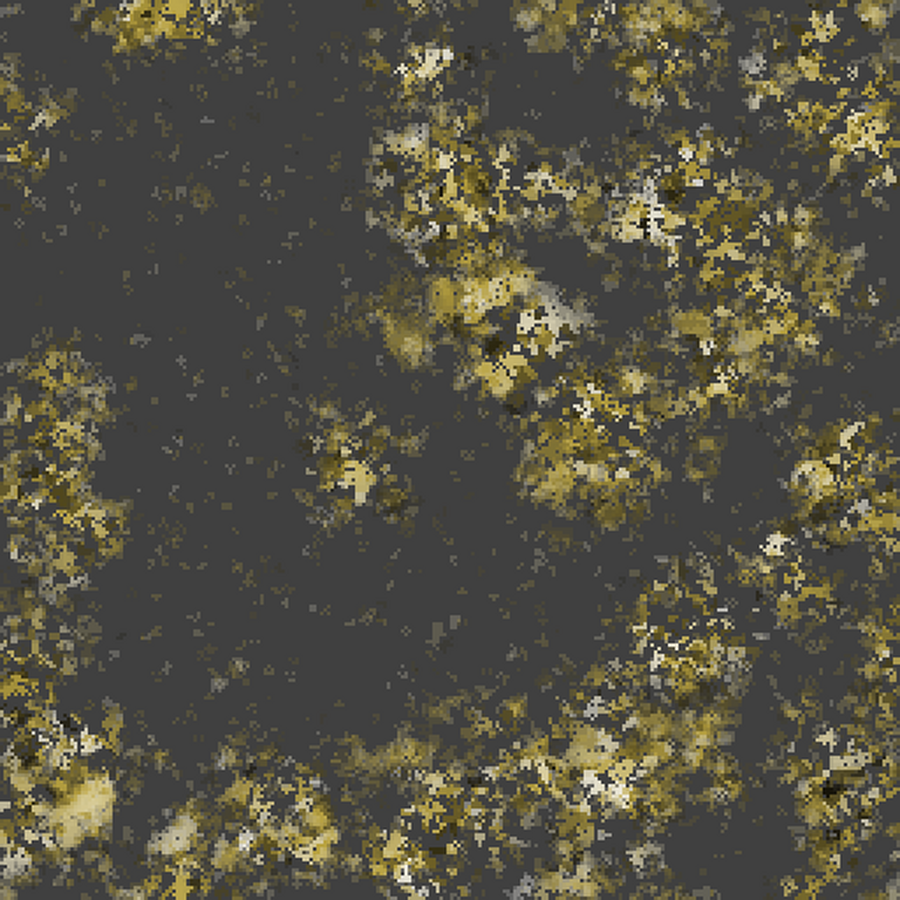About:
Physics and chemistry have arrived at a deep understanding of the non-living world. Can we expect to reach similar insights, integrating concepts and quantitative explanation, in biology? Life at its origin should be particularly amenable to discovery of scientific laws governing biology, since it marks the point of departure from a predictable physical/chemical world to the novel and history-dependent living world. The origin of life problem is difficult because even the simplest living cell is highly evolved from the first steps toward life, of which little direct evidence remains. The conference aims to explore ways to build a deeper understanding of the nature of biology, by modeling the origins of life on a sufficiently abstract level, starting from prebiotic conditions on Earth and possibly on other planets. The conference will examine the origin of life as part of a larger concern with the origins of organization, including major transitions in the living state and structure formation in complex systems science.
Focus: Our goal is to host a workshop of broad scope but with targeted impact on key questions and core concepts about the origin of life on Earth, the organization of the biosphere, and the nature of the living state.
History: this conference is the outgrowth of a grassroots movement called "Modeling Origins of Life", MOL for short, that sprung up from a number of informal workshops that were organized in the US and in Japan in 2014. See this white paper draft for more details.
| Name | Affiliation |
|---|---|
| Sara Walker, Chair | Arizona State University |
| Chris Adami | Michigan State University |
| Jim Cleaves | Earth-Life Science Institute/Institute for Advanced Study |
| George Cody | Carnegie Institution for Science |
| Lee Cronin | University of Glasgow |
| Nicholas Guttenberg | Earth-Life Science Institute |
| Douglas Erwin | Smithsonian Institution |
| Piet Hut | Earth-Life Science Institute/Institute for Advanced Study |
| Irena Mamajanov | Carnegie Institution for Science |
| Norman Packard | Protolife |
| Eric Smith | Earth-Life Science Institute/Santa Fe Institute |
| Nathaniel Virgo | Earth-Life Science Institute |
SPEAKERS
| Name | Affiliation |
|---|---|
| Christoph Adami | University of Michigan |
| Laurie Barge | Jet Propulsion Laboratory |
| John Baross | University of Washington |
| Henderson Cleaves | Earth-Life Science Institute/Institute for Advanced Study |
| Lee Cronin | University of Glasgow |
| Simon DeDeo | Indiana University |
| Douglas Erwin | Smithsonian Institution |
| Jessica Flack | Santa Fe Institute |
| Christoph Flamm | University of Vienna |
| Nigel Goldenfeld | University of Illinois |
| Nicholas Guttenberg | Earth-Life Science Institute |
| Robert Hazen | Carnegie Institution for Science |
| Takashi Ikegami | University of Tokyo |
| Betul Kaçar | Harvard University |
| Manfred Laubichler | Arizona State University |
| David Lynn | Emory University |
| Rebecca MacLeod | University of Glasgow |
| Irena Mamajanov | Carnegie Institution for Science |
| William Marshal | University of Wisconsin |
| James McInerney | University of Manchester |
| Sijbren Otto | Groningen |
| Olivier Rivoire | Centre national de la recherche scientifique |
| Everett Shock | Arizona State University |
| Eric Smith | Earth-Life Science Institute/Santa Fe Institute |
| Nathaniel Virgo | Earth-Life Science Institute |
| Sara Imari Walker | Arizona State University |
Registration:
To maintain a productive workshop-style atmosphere, the conference is limited to 100 participants. Participants must therefore apply to ensure a space at the meeting. There is no registration fee.
Applications for participation are now open and may be submitted to the link at the bottom of the page.
Applicants may also submit abstracts for the poster session, which will be held throughout the entire week and is integral to the workshop-style atmosphere of the meeting. The priority deadline for submissions for poster presentations is Aug. 1st, however applicants, including those wishing to present a poster, will be reviewed until the conference is fully subscribed.
